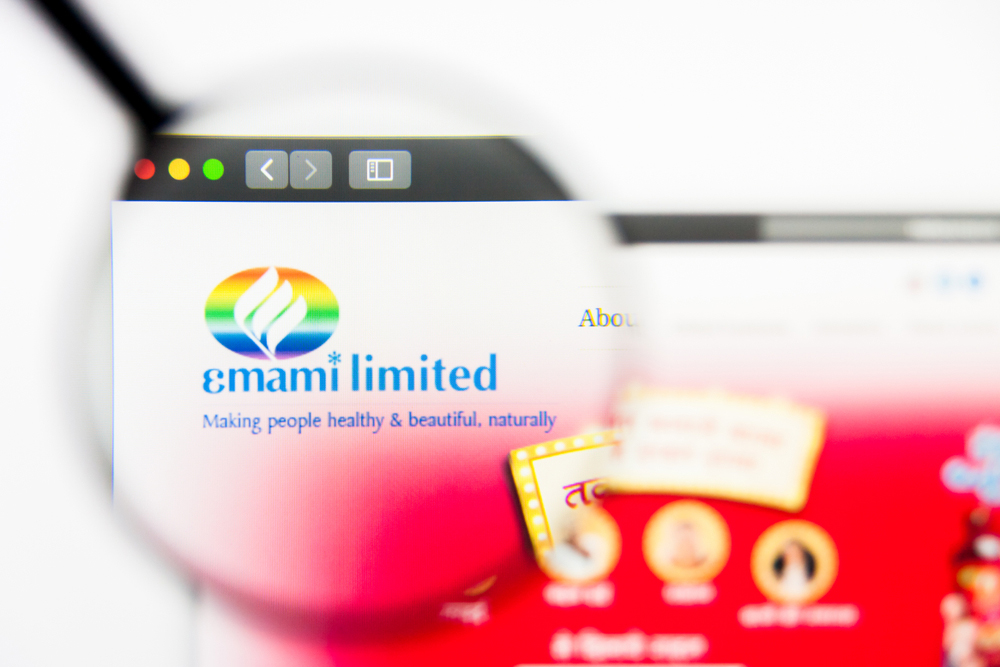Emami, the wellness focused fast moving consumer goods company, will strive to become debt free as the management plans to utilise internal accruals to retire residual loans.
Borrowings of the company have come down sharply by Rs 216 crore in 2018-19, the consolidated balance sheet of Emami shows, reducing interest cost by 37 per cent year-on-year.
“We want to use cash generated from the business to reduce borrowing and become debt free,” Mohan Goenka, director of Emami, said.
Emami’s borrowing stood at Rs 109.86 crore as on March 31, 2019 compared with Rs 325.91 crore a year ago. Finance cost has come down to Rs 21.40 crore in 2018-19 from Rs 34.30 crore a year ago.
The aggressive push to clip loan exposure comes at a time Emami, maker of Navaratna oil, Boroplus and Zandu, faces stagnating sales and profit as it stares at a dip in consumption, especially in rural areas, the mainstay of the company’s consumer base.
While revenue went up 12.3 per cent over the last four years, profit after tax slid 16.5 per cent in the corresponding period. Any reduction in finance cost is going to add to the bottomline.
The effort of the management also comes at a time the owners are battling to reduce debt taken by pledging shares of Emami Ltd. The Goenka and Agarwal families — promoters of the company — have sold 20 per cent of their combined holding in the last six months to retire debt at the promoter level.
Goenka had earlier said the promoters were keen to pay back the entire Rs 2,200 crore in debt to release all pledged shares and it would like to monetise the group’s assets in cement, paper, healthcare, real estate and retail. Around 42 per cent of promoters’ 52.7 per cent holding in Emami is pledged as of now.
Amortisation cost
A key reason for the depressed PAT over the last four years is often attributed to the amortisation cost of intangible assets. Expense on account of amortisation of intangible assets, mostly related to Kesh King, which Emami acquired in 2015-16 for Rs 1,651 crore, stood at Rs 248.49 crore in the last fiscal. In 2017-18, the company spent Rs 243.57 crore under this head.
Emami will spend a similar amount this year, but the outgo will come down to Rs 90 crore from next fiscal onwards and go off the balance sheet after five years.










